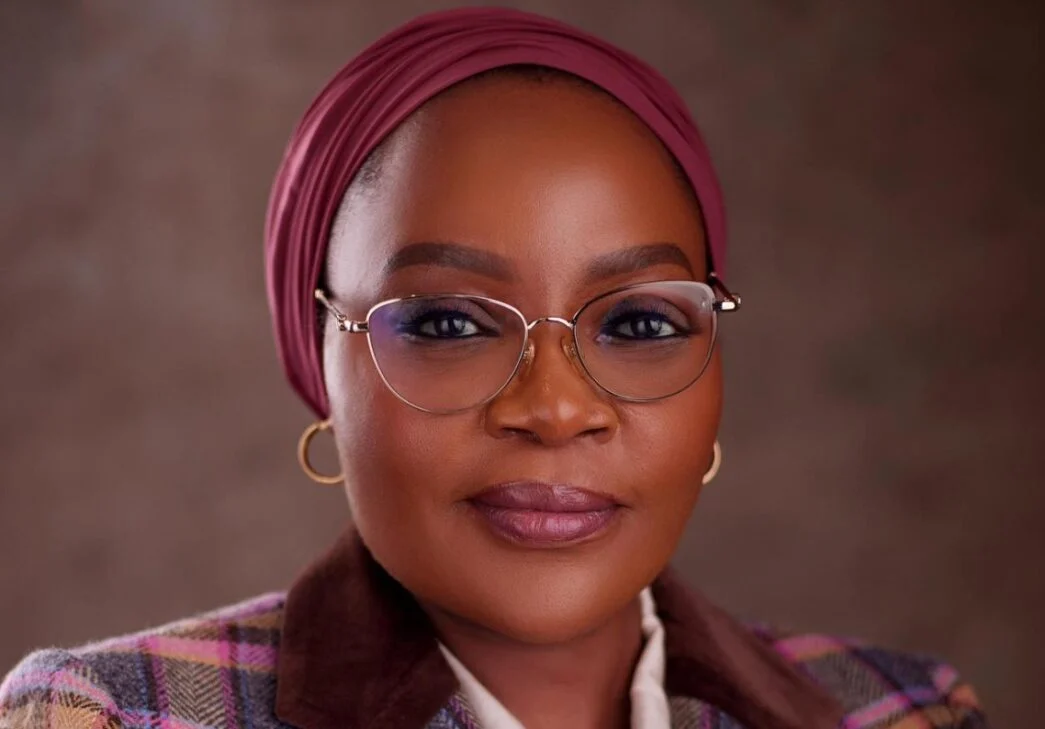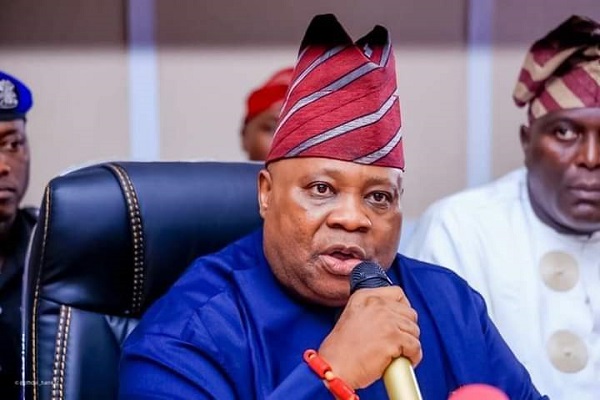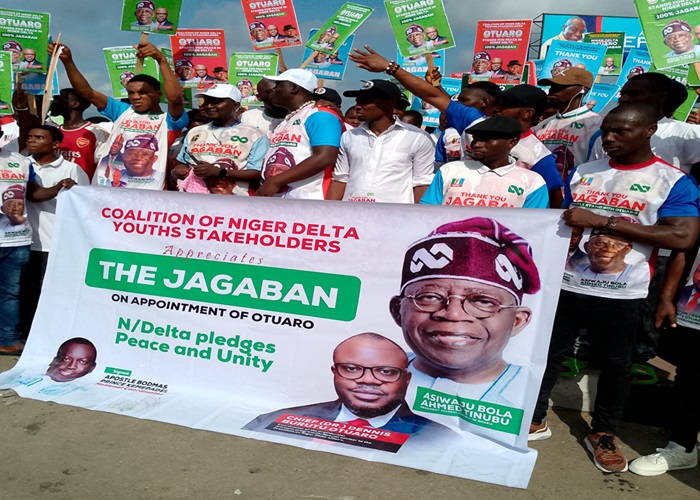The Federal Government says it has introduced a new policy to make the teaching and learning of sign language compulsory in all basic education schools across Nigeria.
The Executive Secretary of the Universal Basic Education Commission (UBEC), Aisha Garba, disclosed this on Thursday during the commemoration of the 2025 International Day of the Girl Child in Abuja. The event, themed “Lead a Change: Learn Sign Language Today,” focused on promoting inclusion and communication for children with hearing impairments.
Garba said the move is part of the government’s broader commitment to inclusive education, particularly for girls and children with disabilities. She explained that education remains “the great equalizer,” and true equality can only be achieved when no child is left behind.
According to her, the day’s theme serves as a reminder that inclusive communication is not just an act of kindness but a fundamental right.
“We celebrate not only the potential of the girl child but also reaffirm our collective responsibility to amplify her voice, protect her dignity, and equip her for leadership — regardless of her abilities or challenges,” she said.
Garba added that the new policy ensures sign language becomes a regular part of Nigeria’s school system.
“A policy is already in place to institutionalize the teaching and learning of sign language in all basic education schools across Nigeria,” she confirmed.
She painted a picture of what the government hopes to achieve:
“Imagine a country where hospitals, banks, supermarkets, airports, and schools have sign language interpreters — a society without communication barriers for our hearing-impaired children. That’s the vision we’re working towards, one school at a time.”
The UBEC boss also noted that the government’s school restructuring policy requires the inclusion of ramps and accessibility features in schools to allow children with physical disabilities to move freely and with dignity.
Speaking at the same event, the Minister of State for Education, Prof. Suwaiba Ahmad, reaffirmed President Bola Ahmed Tinubu’s administration’s commitment to breaking down barriers that hinder access to quality education.
“This administration will do everything possible to remove obstacles and ensure that every girl — regardless of ability, background, or circumstance — has a voice, a seat at the table, and a clear path to success,” she said.
Read Also;
Mathematics no longer compulsory for Arts students, says FG
She emphasized that the event was not just a celebration but a reaffirmation of Nigeria’s dedication to inclusive learning and the rights of persons with disabilities.
“Talent does not wait for perfect conditions; it thrives where opportunity, support, and belief come together,” the minister added.
In recent years, sign language education in Nigeria has gained increasing attention as the country works to promote inclusion for the deaf and hard-of-hearing community. While Nigerian Sign Language (NSL) is a mix of several regional and international variations, American Sign Language (ASL) remains the most widely used in schools and by interpreters across the country.




